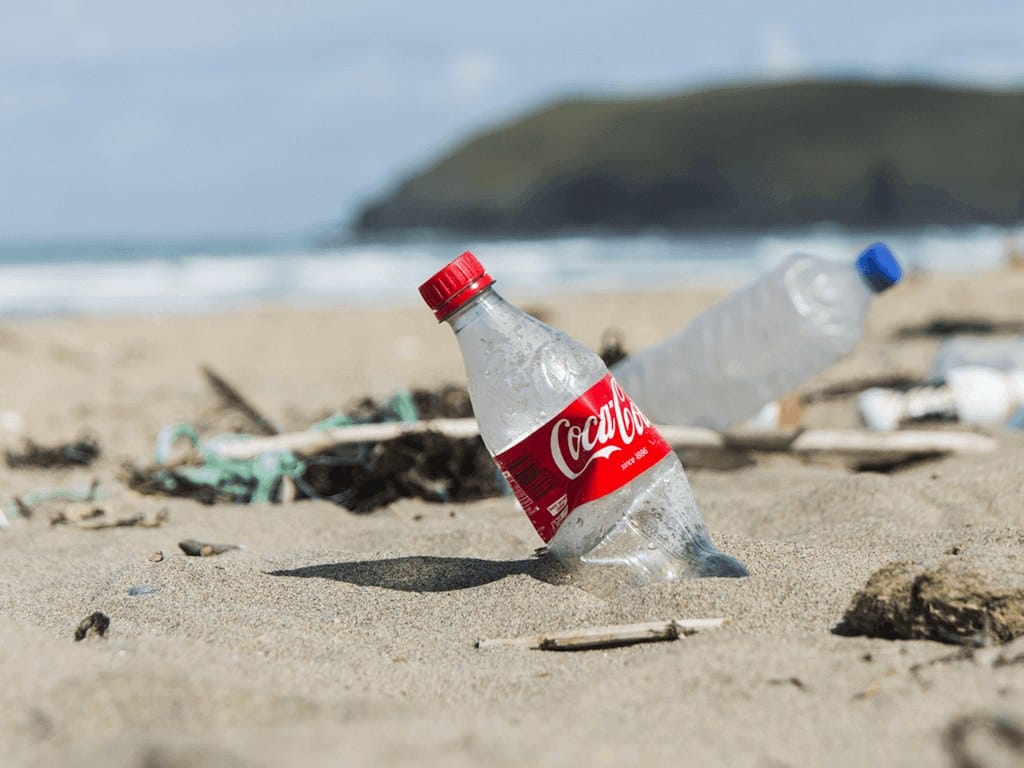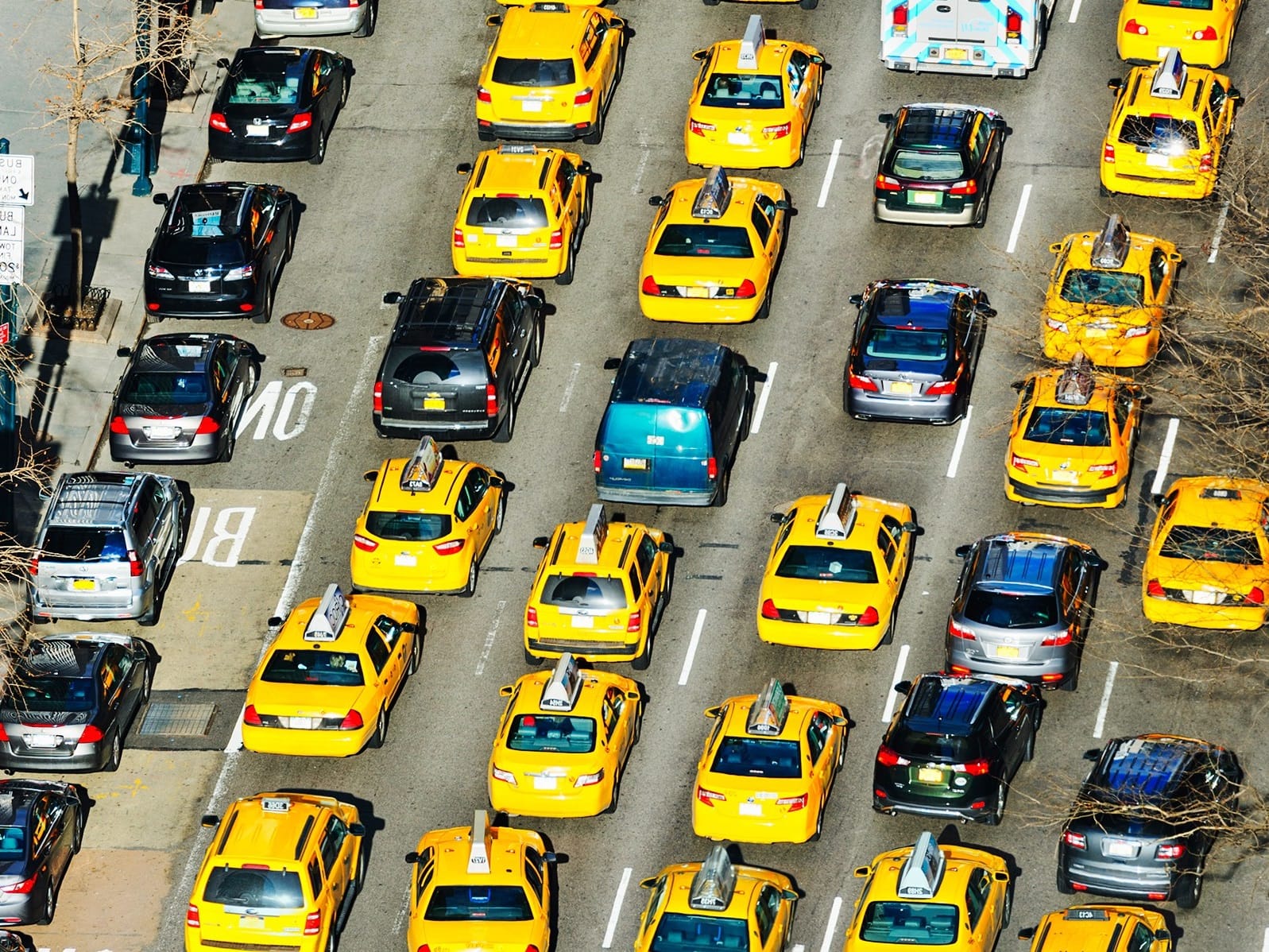In a surprising shift, Coca-Cola has recently announced a revision of its sustainability goals, specifically regarding its commitment to reducing single-use plastics. The beverage giant, which has faced increasing pressure from consumers and environmental advocates over its plastic use, has acknowledged challenges in meeting its previous targets. Originally, Coca-Cola aimed to collect and recycle a bottle or can for every one sold by 2030, as part of its broader strategy to make all of its packaging recyclable or reusable by 2025. However, the company has now stated that it will no longer pursue these goals with the same urgency, citing logistical challenges and economic factors.
This decision has drawn criticism from environmental groups, who argue that Coca-Cola’s products contribute significantly to global plastic pollution. According to a report from the nonprofit organization Break Free From Plastic, Coca-Cola was identified as the world’s top plastic polluter for four consecutive years, highlighting the scale of the issue.
Coca-Cola’s revised goals have led to concerns about the company’s commitment to sustainability. Critics argue that the decision to weaken its plastic reduction targets may set a precedent for other companies in the industry, potentially undermining global efforts to tackle plastic waste. “Coca-Cola’s retreat from its commitments sends a dangerous signal to consumers and policymakers that big corporations can backtrack on their environmental promises without consequence,” said a spokesperson from Greenpeace.
In response to the backlash, Coca-Cola has emphasized its ongoing efforts to develop more sustainable packaging solutions, including the introduction of plant-based materials and increased investment in recycling technologies. The company has also pointed out that it remains committed to reducing the overall environmental impact of its operations.
However, many remain skeptical about the sincerity of these claims. A recent survey conducted by the environmental organization Oceana found that 75% of consumers are concerned about the impact of plastic pollution on marine life, and many expressed disappointment with Coca-Cola’s decision to scale back its sustainability goals.
As the conversation around plastic waste continues to grow, Coca-Cola’s latest announcement may serve as a turning point in the corporate responsibility movement. Stakeholders will be watching closely to see how the company navigates this complex issue moving forward, and whether it can regain the trust of consumers who are increasingly demanding accountability and action from the brands they support.
Sources:
– Break Free From Plastic, 2023 Report on Plastic Pollution
– Greenpeace Statements on Coca-Cola’s Sustainability Goals
– Oceana Consumer Survey on Plastic Pollution Awareness



